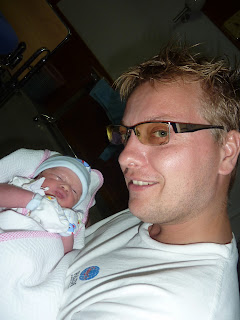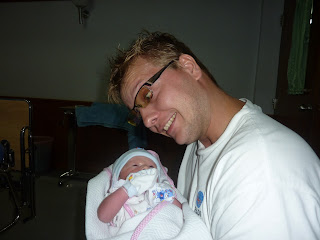Closing popular diving sites will provide only short-term relief to the problem of coral bleaching, but cost the tourism industry millions of baht a year, industry experts say.

No easy solution to bleaching.
The Marine and Coastal Resources Department is pressing ahead with a plan to close 10 popular diving sites in five provinces to limit the impact of tourism on severely damaged coral.
The sites attract about one million tourists a year, and could be closed for up to 14 months.
But diving operators say tourism is but one cause of the bleaching phenomemon, and if the diving sites are closed for as long as proposed, taxpayer help may be needed to keep some companies alive.
"Diving companies are being singled out for blame, when the main cause is a warming of sea temperatures," said one disgruntled company head.
Some coral reefs may need several years to recover, not just a matter of months, they say.
Veteran marine biologist Thorn Thanrongnawasawat said closing the coral reefs will give the coral time to recover, but more permanent solutions are still needed.
He said man-made dive sites should be developed to help relieve pressure on popular coral reefs. Artificial reefs should also be produced, and coral transplanting considered.
"Closing the dive sites gives the coral an opportunity to revive.
"This does not mean that the coral will revive automatically, however. It really depends on how we tackle other factors that may affect them such as water pollution," said Dr Thorn, who heads the department of marine science at Kasetsart University's faculty of fisheries.
Scientists believe the main cause of the bleaching is the warming of the oceans, which forces zooxanthallae, an algae which coexists with the coral and gives it colour, to extract itself from the coral. Many coral reefs in the Andaman Sea have turned a pale yellow or white colour and gradually died.
The diving sites facing temporary closure to allow coral to recover from bleaching are located in Hat Nopparattara-Mu Koh Phi Phi National Park in Krabi; Mu Koh Surin Marine National Park (Phangnga); Mu Koh Rang National Park (Trat); Koh Tao (Surat Thani); and Koh Pai and Koh Kang Kao (Chon Buri).
Defending the proposed closure, the department says that without immediate action, the corals may be lost permanently, which would cause even more economic damage.
Dr Thorn said the closures which stand to affect tourists the most are in Surin and Tarutao Marine National Parks, where up to 80% of corals have bleached.
Some tourism operators say the extent of the damage has been exaggerated.
Fabian Teruel, general manager of Khao Lak Scuba Adventure and a member of the Khao Lak Diving Operator Forum in Phangnga province, said news about coral bleaching has hurt local businesses.
Many tourists mistakenly believed that coral leaching was widespread.
At some sites, such as the Similan Islands, bleaching had affected only only a few dive sites.
Customers had asked about the closures, and some threatened to cancel bookings.
"We can still dive in several spots. We want to make clear that some islands such as Surin may have been affected, but there are several other places like the Similan islands which have not been affected much by the phenomenon," Mr Teruel said.
The government was wrong to blame divers for destroying coral reefs.
Most divers were environmentally conscious, and would not try to harm the coral.
Jannee Jandamneornpong, manager of the Phi Phi Scuba Diving Centre, said operators were willing to cooperate with the closure but the government should come up with measures to help them survive.
Tourism businesses on the island had yet to recover fully since the 2004 tsunami.
"We are business operators, but we are also concerned for the environment. Without a quality environment, we cannot survive," said Ms Jannee.

































